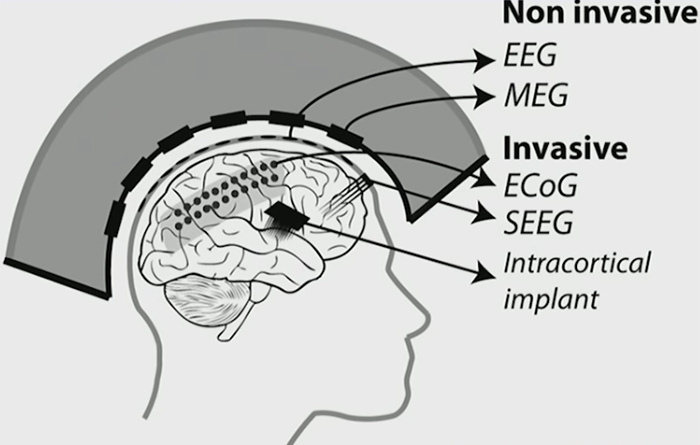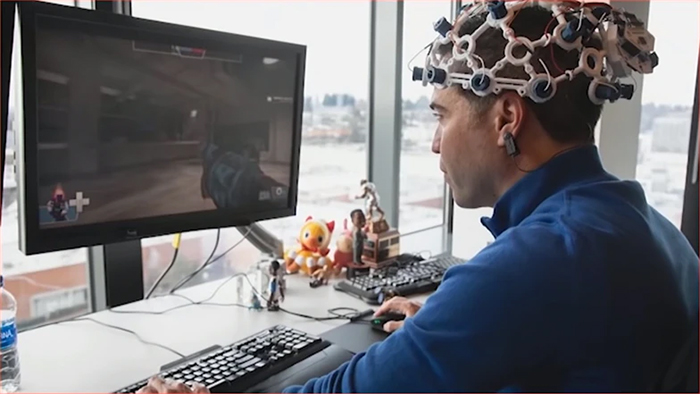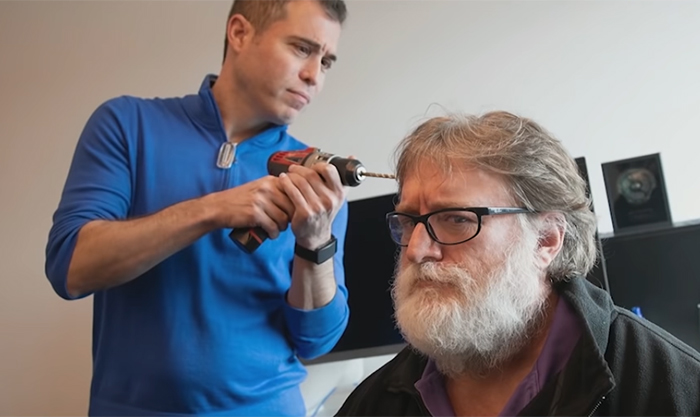HEXUS has previously covered Brain Computer Interface (BCI) development a number of times. Most recently we covered the Elon Musk Neuralink Brain Computer Interface update demo; a year earlier we looked at Brain Talker, a Brain-Computer Codec Chip; and back in 2017 we reported upon Facebook's brain-computer typing interface. Now there are further signs of the progression of works in this area and similar / related tech coming to PC gamers.

In a recent interview with New Zealand's 1-News, Valve co-founder and president, Gabe Newell, talked about BCIs and how Valve is exploring the tech for gaming and beyond. Newell admitted that the concept might sound rather like science fiction but developers ignoring the possibilities, even at this early stage, are making a "silly mistake," he opined.
Valve is currently working with BCI headsets from OpenBCI, Newell revealed, and his development teams have been refining software to make it easier for other developers to interpret and use brain signals. BCIs could be used for something as simple as sensing if a player is getting bored and tweaking game challenge levels. However, Newell hinted that he has greater ambitions for BCIs - not just for reading user brains but also for writing signals to create worlds at the limits of our imaginations.

Mike Ambinder, Principal Experimental Psychologist at Valve Corporation,
plays a game while wearing an OpenBCI Ultracortex BCI Array.
"The real world will seem flat, colourless, blurry compared to the experiences you'll be able to create in people’s brains," Newell told the interviewers. Furthermore, the potential for BCI experiences goes well beyond gaming, according to the Valve CEO. He forecasts an early application being a sleep app where you can program the BCI to deliver x many hours of slumber.
Another interesting point touched upon in the interview was the danger of BCIs. Such a powerful sensory reader/writer could be misused, hacked, and would thus need stringent safeguards in place.

From the interview it seems like Valve is still truly in the investigatory stage with regard to this tech. The rate of developments is so fast right now that deciding to commit to a commercial solution - with the lead times involved - isn't attractive.






